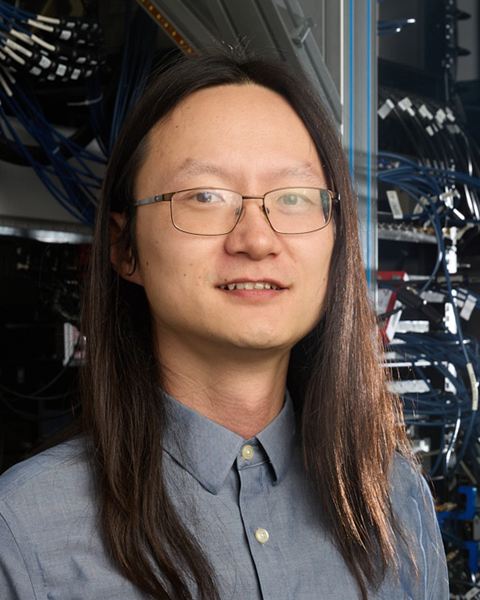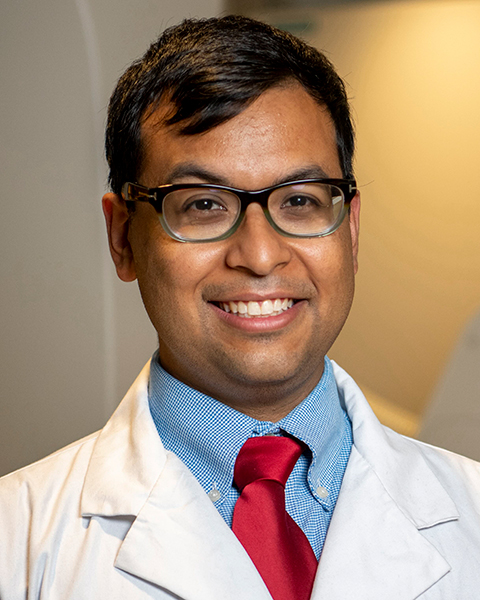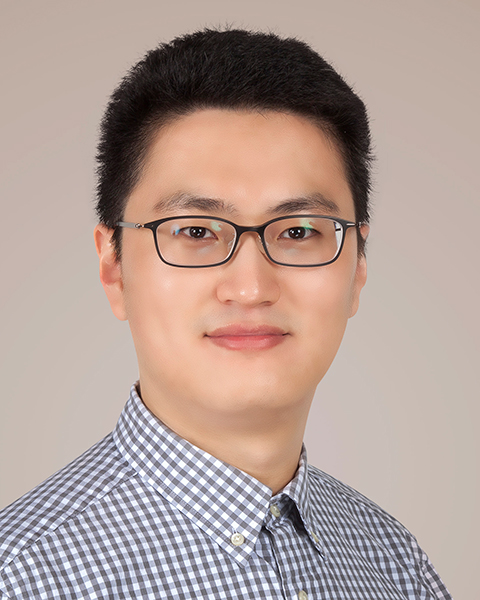Theresa Gabrielli
September 23, 2024
UW MSE is expanding! This year we are excited to welcome three incredible new faculty, whose expertise bolsters our research and instruction in biomaterials and quantum materials. Meet Mo Chen, Avik Som and Quansan Yang.
Mo Chen

Mo Chen
Mo Chen is pushing the boundaries of solid-state quantum platforms, including superconducting qubits, atomic-scale defect qubits, and nanophononics. Using quantum sensing, quantum control and nanoscale engineering, Chen’s research aims to deepen our understanding of the device physics and materials science underlying solid-state quantum systems, with both fundamental and practical implications in quantum computing, quantum sensing and quantum communication. He is currently focused on the detection and control of tunneling two-level system defects in superconducting quantum circuits, which he hopes to use to both identify and mitigate sources of noise, as well as develop these defects into a new type of qubit for next-generation quantum devices.
Chen received his Ph.D. in mechanical engineering from the Massachusetts Institute of Technology and joins UW MSE fresh from a postdoctoral position at the California Institute of Technology.
"Quantum information science is largely a field of fundamental science, but is advancing rapidly towards real-world applications. I believe materials science and engineering is going to play a crucial role in driving this transition, and I’m here to collaborate with and learn from the world-class faculty and students of UW MSE, to help make the critical transition happen. I look forward to the opportunity to engage with the vibrant and diverse quantum community here, exchanging ideas with faculty and students in the department and across campus, and coming up with new possibilities I may never have thought of myself."
Avik Som

Avik Som
Avik Som integrates materials engineering with the health sciences as an assistant professor in both Radiology at UW Medicine and in MSE. After receiving his MD and a Ph.D. in biomedical engineering from Washington University in St. Louis, he completed a residency program in interventional and diagnostic radiology at Massachusetts General Hospital. As PI of the Image Guided Delivery of Engineering Advances (IDEA) Lab, Som translates advances in materials science into tissue engineering, developing medical devices, and even clinical applications for the treatment of cancer.
"The UW has an incredibly strong history of biomaterial engineering, and MSE is a powerhouse of multidisciplinary faculty. I’m looking forward to bringing the latest in materials science to my clinical practice. I’m most excited about bringing engineering students into the hospital and seeing what innovations they will create!"
— Avik Som
Quansan Yang

Quansan Yang
Quansan Yang’s interests land him at the intersection of health and sustainability. He uses advanced fabrication techniques and computational algorithms to explore and understand biomaterials, then leverages these biomaterials to develop next-generation bio-electronic and bio-optical devices for diagnostics and therapeutics. He created the first biodegradable micro-electromechanical systems (MEMS), expanding the scope of biodegradable electronics beyond conventional integrated circuit technology. His work landed him on the Forbes 30 Under 30 in Science (North America) and the MIT Technology Review Innovators Under 35 (Global List).
Yang received his Ph.D. in mechanical engineering from Northwestern University, and will join UW MSE this winter quarter following his postdoctoral research at Massachusetts Institute of Technology.
"During my visits to UW MSE, I was impressed by how insightful and enthusiastic the students are. They brought forward many creative ideas during our discussions. It will be a great pleasure for me to work with such talented students in the future. The MSE faculty also made me feel incredibly welcome, treating me like a family member. I am eager to join them and contribute to their ongoing success. I am confident that I can achieve great success here in the years to come."
— Quansan Yang